Jul 11, 2019 | by The SEEP Network
Q&A Coming Soon!
A recent state of practice report identifies 20 social protection policies and programs in sub-Saharan Africa with a Savings Group component. Savings Groups are increasingly promoted by social safety net programs as a safe place to save, build resilience, and support the transition of beneficiaries to stable livelihoods.
Based on the findings of the report, the SEEP Network is facilitating a Peer Learning Group (PLG) to explore the Role of Savings Groups in Supporting Graduation from Social Safety Nets. The PLG brings together senior government representatives from five countries (Kenya, Malawi, Rwanda, Senegal, and Tanzania) and two partner NGOs (Trickle Up, and The BOMA Project) responsible for the design and implementation of social protection programs that promote Savings Groups.
This webinar presented three examples of social protection programs that are integrating Savings Groups (SGs) to promote formal financial inclusion and support the graduation from social safety nets. Government representatives from Zambia, Kenya and Tanzania also discussed the challenges and opportunities of linking SG beneficiaries to formal financial institutions.
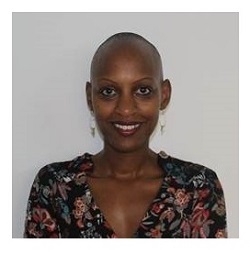 Aisha Rahamatali, CARE International
Aisha Rahamatali, CARE International
As CARE International Regional Advocacy Coordinator in West Africa, Aisha supports the implementation of Women on the Move, a regional initiative focused on the economic, social and political empowerment of women through their participation in Saving Groups, with a key component being scale up through partnerships and advocacy with governments. Aisha works closely with CARE Country Offices and other stakeholders to advance the adoption and implementation of SGs by governments in the region through financial inclusion, gender and social protection policies. She co-authored the recent state of practice report on Savings Groups and the Role of Government in Sub-Saharan Africa and is currently the co facilitator of the SEEP Peer Learning Group on Role of Savings Groups in Supporting Graduation from Social Safety Nets. Previously, Aisha worked as a child rights and women’s rights advocate with several NGOs and the UN Special Rapporteur on Violence against Women.
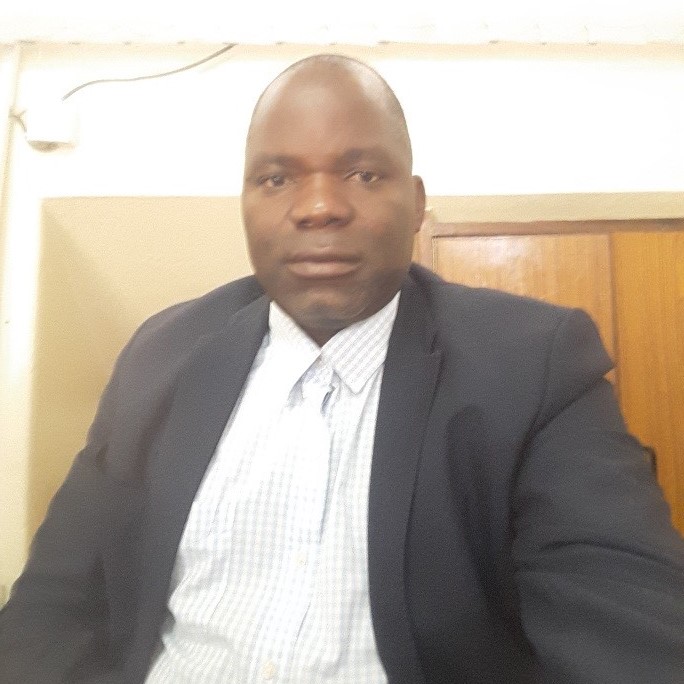 Vandras Luywa, Ministry of Community Development and Social Services, Government of Zambia
Vandras Luywa, Ministry of Community Development and Social Services, Government of Zambia
A Social development professional with over 20 years’ experience in Non-governmental organization and the public sector, Vandras is currently working for the Government of the Republic of Zambia in the Ministry of Community Development and Social Services as a Project Manager under the Girl’s Education, Women’s Empowerment and Livelihoods (GEWEL) Project Supported by the World Bank. Until 2016, Vandras worked in the same Ministry as a Manager/ Principal Social Welfare Officer for Zambia’s Social Cash Transfer Program responsible for scaling up the program to the rest of the country. Prior to Joining the Ministry in 2010, Vandras Worked for over 12 years for ChildFund in various capacities which include Area Program Manager, Project Manager and Project Accountant. Vandras is a chartered accountant (ACCA) and holds a degree in Accounting, a master’s degree in Business administration (MBA). Vandras has a Master’s degree in International Cooperation and Humanitarian Aid.
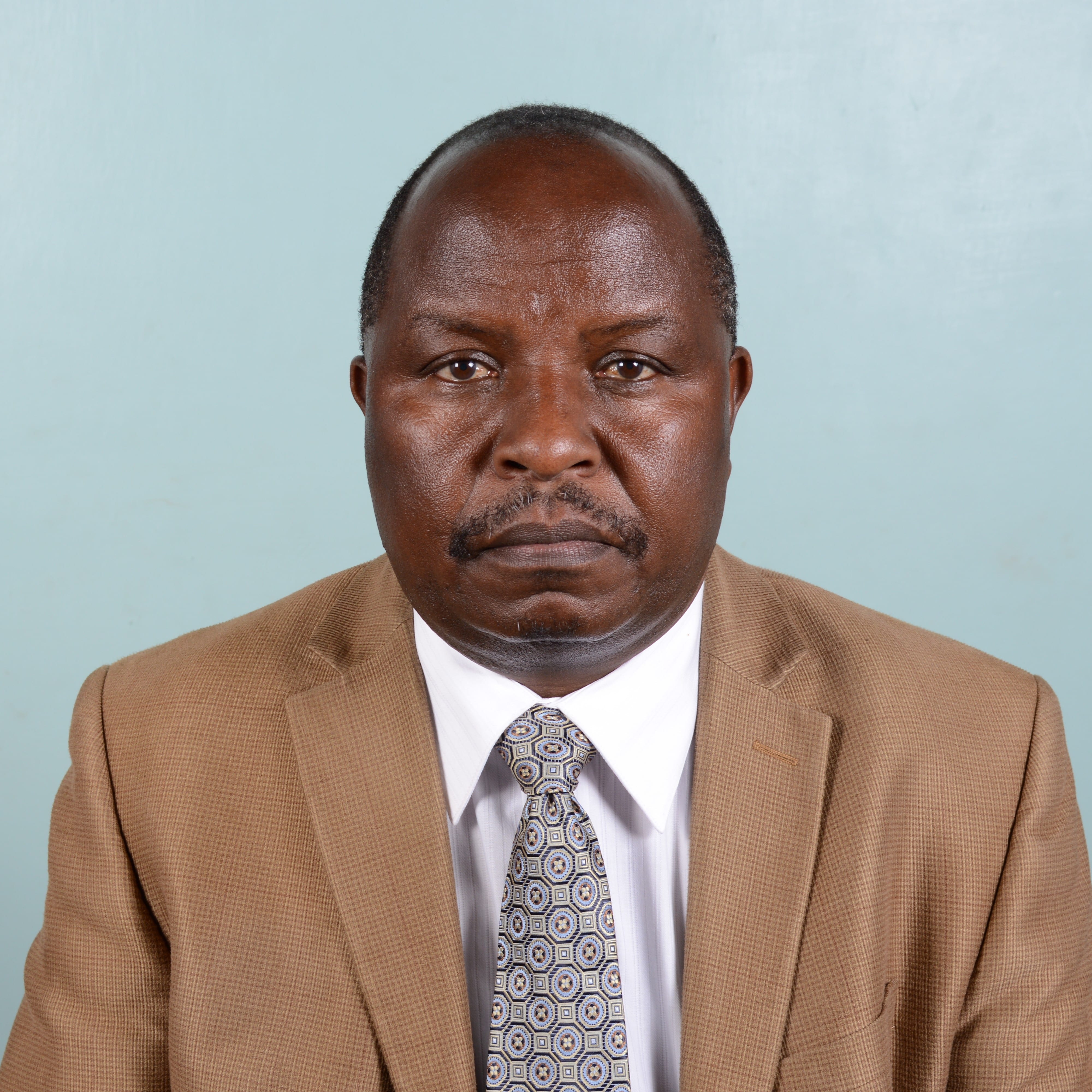 John Kabutha, National Treasury, Government of Kenya
John Kabutha, National Treasury, Government of Kenya
John is currently the Coordinator of a broad rural finance programme which is piloting an innovative financial graduation project in two sites in Kenya. He is a development economist with over 20 years’ experience in the public sector, the UN, bilateral donors, the NGOs and the private sector dealing with rural development, trade and regional integration, SME development and business climate reforms, micro/rural finance and financial inclusion. Before joining PROFIT in 2016, he was the Sustainable Economic Growth and Trade Advisor with the Canadian Cooperation Office in Kenya (Global Affairs Canada, formerly CIDA). He hold a Bachelor's degree in economics from University of Nairobi and a Masters degree in economics from York University in Canada, besides several courses in project management/rbm/m&e, trade theory, BDS, and microfinance.
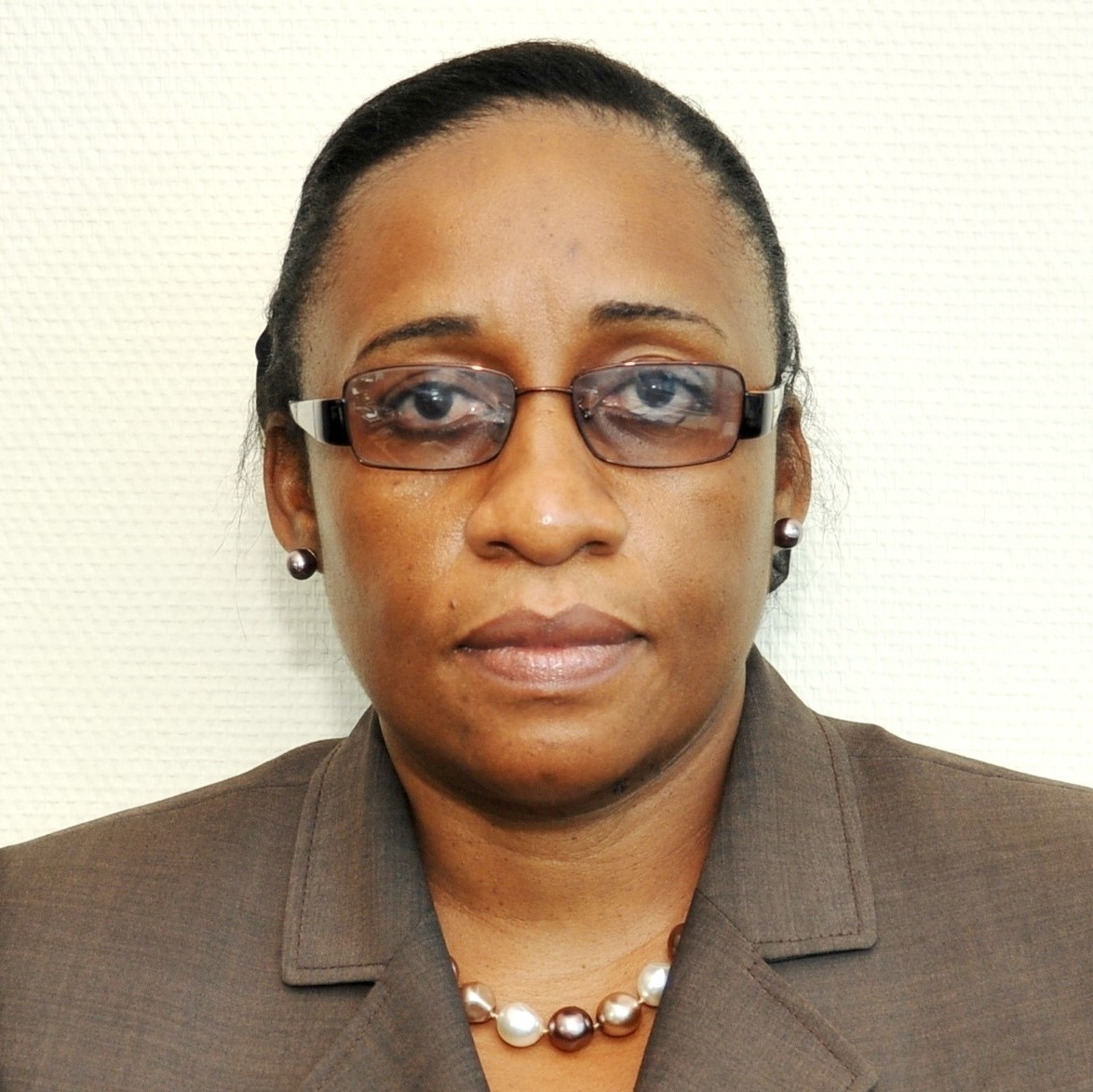 Nangi Massawe, Central Bank of Tanzania
Nangi Massawe, Central Bank of Tanzania
Nangi is a chair of National Secretariat for Financial Inclusion and member of National Women Committee for Financial Inclusion of Tanzania. She is also a Chair of Financial Inclusion Strategy Peer Learning Working Group (FSPL) of Alliance for Financial Inclusion (AFI); and a Member of Advisory Board for International Network for Financial Education (INFE under OEDC). Nangi currently works with the Central Bank of a Tanzania as Assistant Manager, Real sector and Financial Inclusion. She holds MBA from Jackson State University, Mississippi, USA; with more than 10 years of experience in Microfinance sector and 5 years in Financial Inclusion.
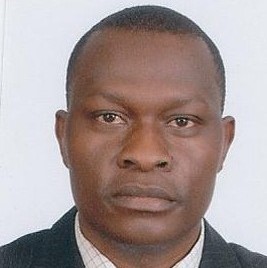 George Muruka, CARE International UK
George Muruka, CARE International UK
George is a senior advisor on financial inclusion with CARE International UK. He supports advocacy and policy on women economic empowerment focusing on financial inclusion, gender and access to markets especially for excluded women and girls. He co-facilitates the SEEP’s Peer Learning Group on the role of savings groups as a graduation tool for beneficiaries of social safety nets programs. In the past 15 years, George has worked with financial institutions in Sub-Saharan Africa to understand market segments, design solutions and scale interventions.
This webinar was hosted by the SEEP Network in partnership with the Mastercard Foundation, Itad, and CARE International.

Categories: Savings Groups English Webinar Savings Groups Webinar WebinarsBlogs

1621 North Kent Street, Ste 900,
Arlington, VA, 22209
P 202.534.1400
F 703.276.1433
Website Photos: © mari matsuri
